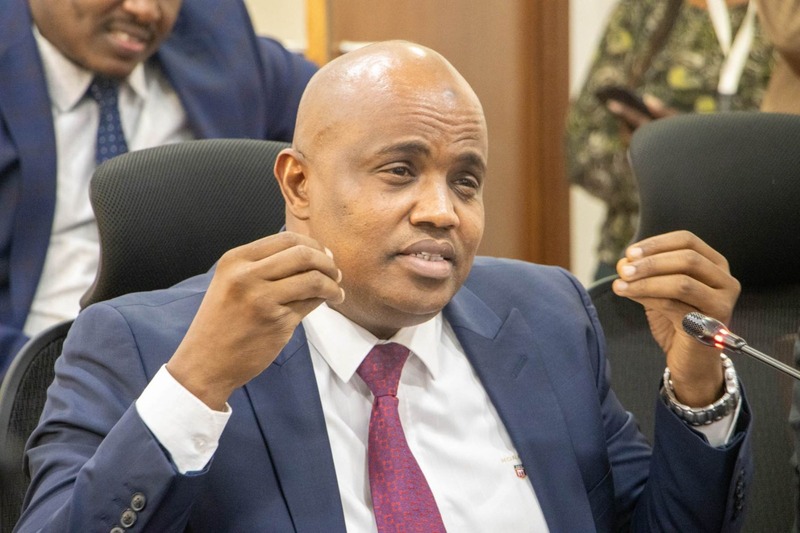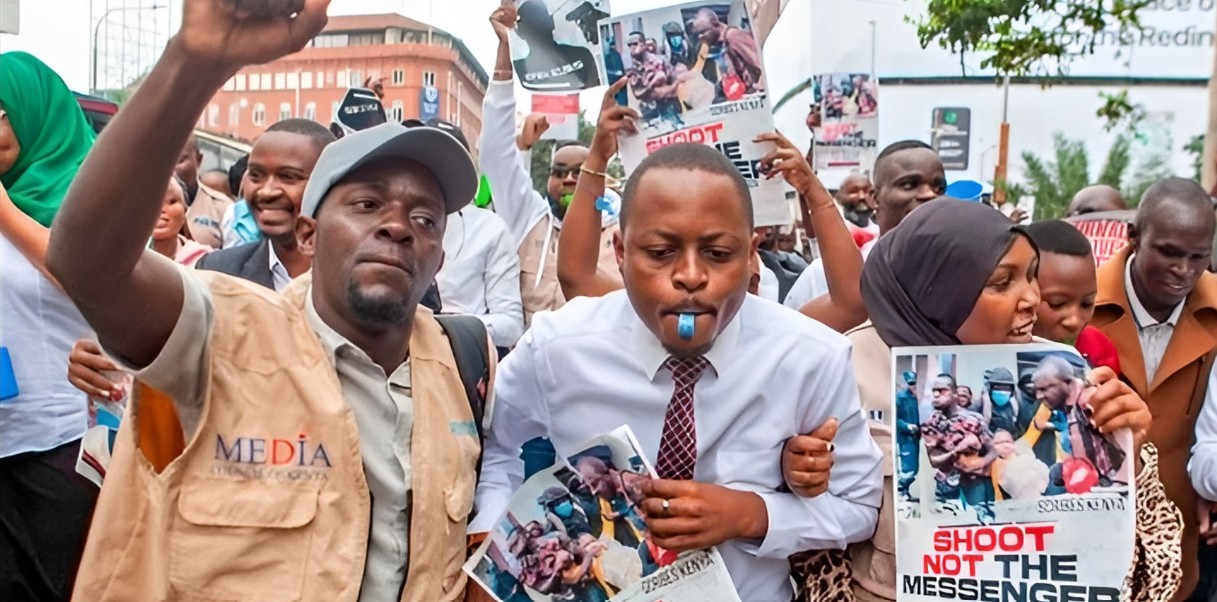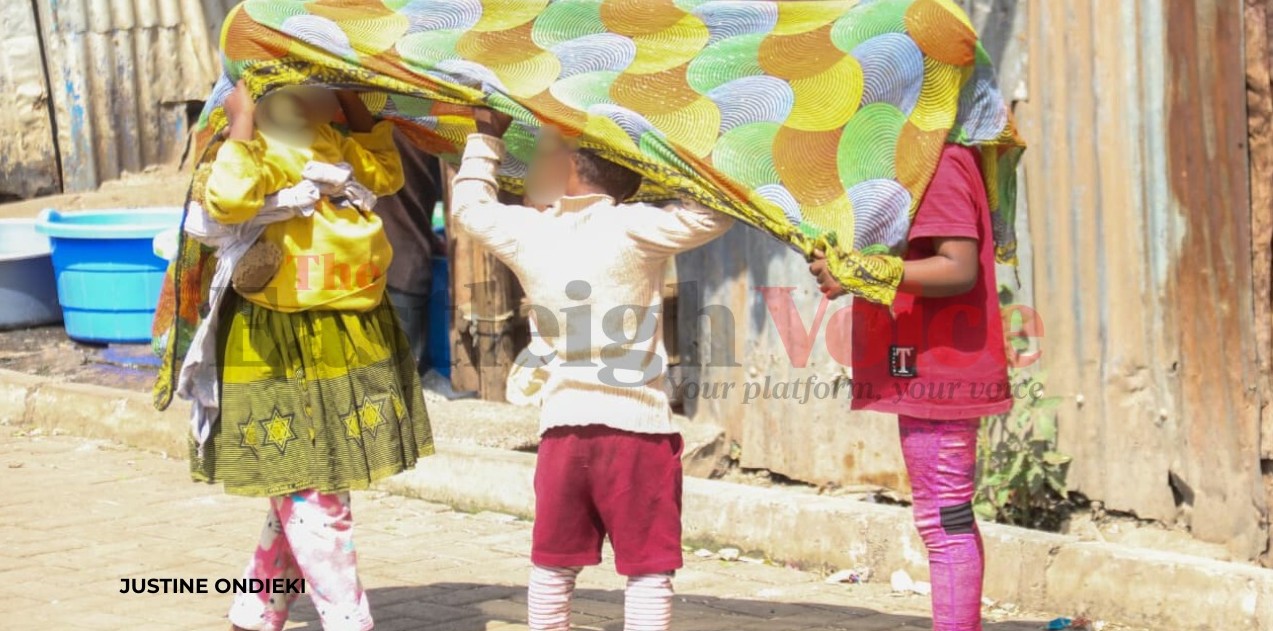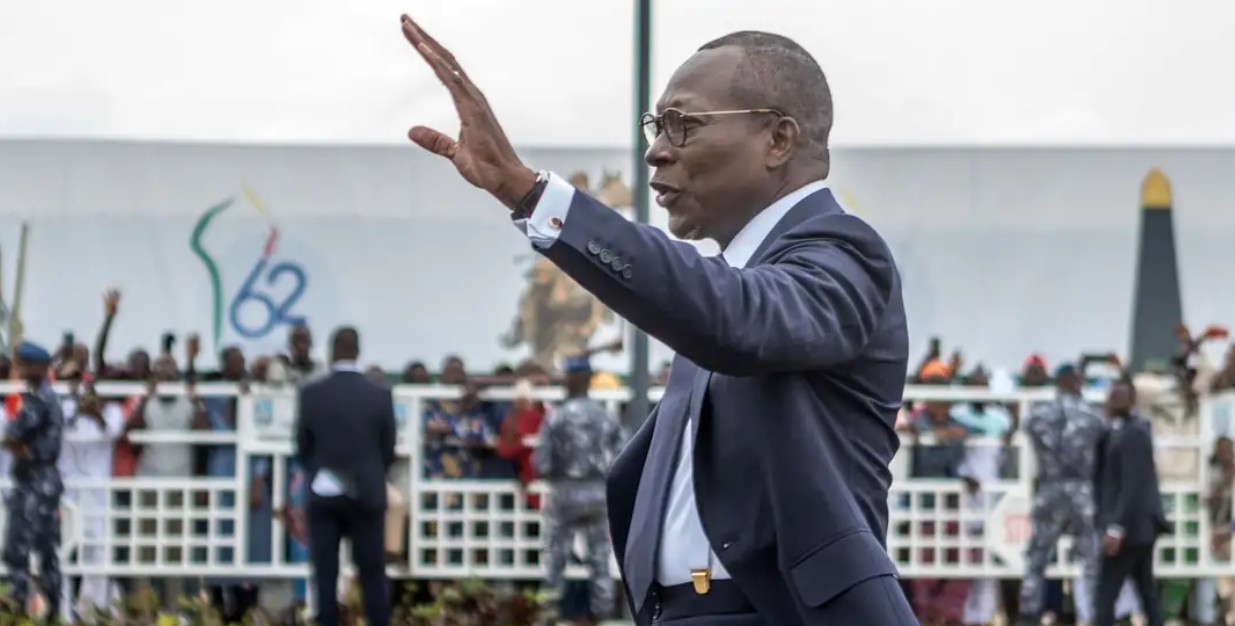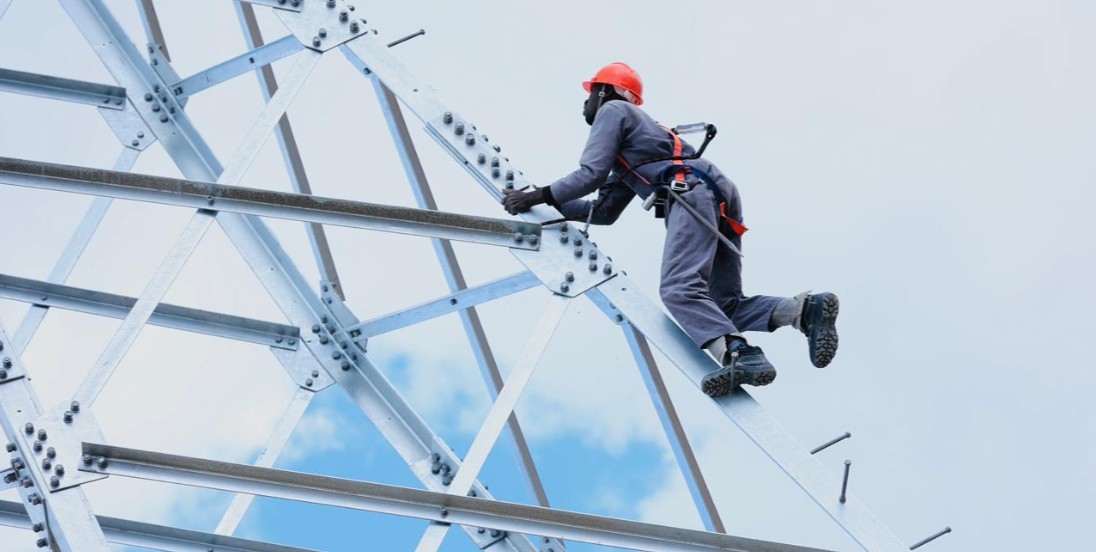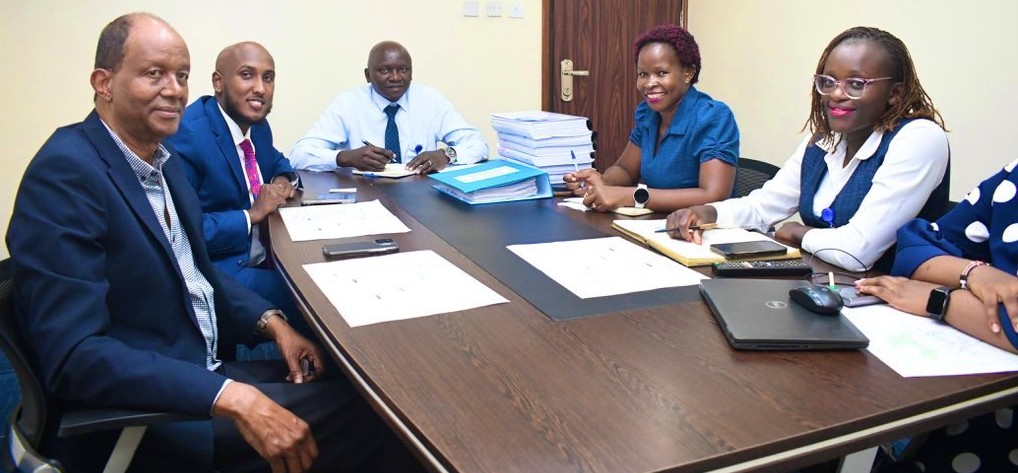Nile tensions resurface as Egypt slams Ethiopia’s dam completion
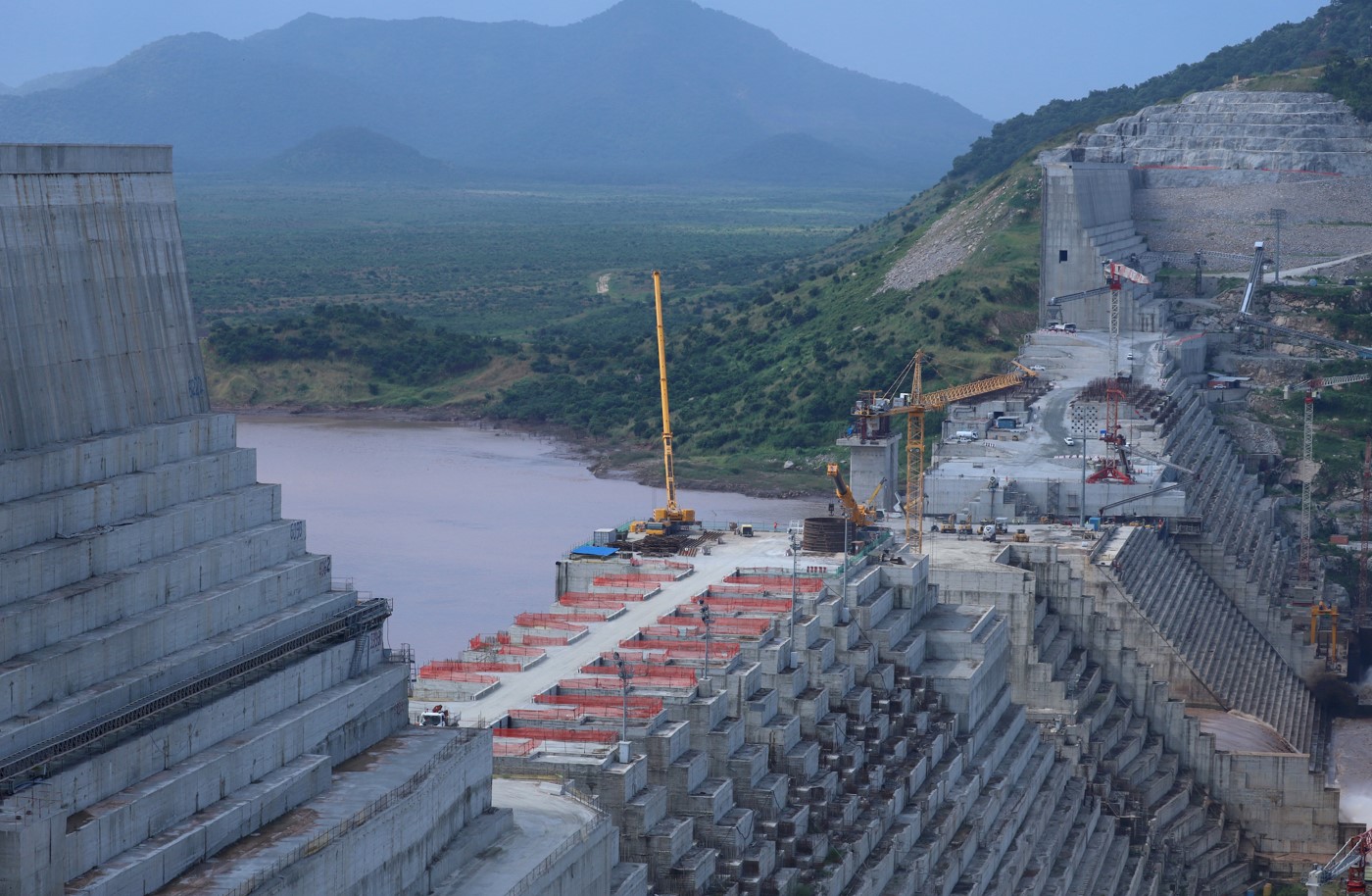
Egypt's Ministry of Water Resources and Irrigation criticised the completion of the $4 billion (h518 billion)billion Grand Ethiopian Renaissance Dam (GERD) as "unlawful" and a breach of international law.
Ethiopia's announcement last week that its flagship dam on the Blue Nile is complete has reignited regional tensions with downstream Egypt, which dismissed Addis Ababa's renewed calls for dialogue as insincere and politically calculated.
Egypt's Ministry of Water Resources and Irrigation criticised the completion of the $4 billion (S518 billion) Grand Ethiopian Renaissance Dam (GERD) as "unlawful" and a breach of international law.
More To Read
- Egypt rejects US plan for foreign control in Gaza, insists Palestinians must govern themselves
- Ethiopia blasts Egypt for escalating hostile rhetoric and rejecting dialogue over Nile waters, GERD
- Palestinian police to be trained in Egypt as Gaza rebuilds security forces
- Faith under fire: How social media fuels rising attacks on religions, followers in Ethiopia
- Daua Dam, irrigation masterplan gain momentum after high-level talks in Nairobi
- Kenya steps up border checks as Ethiopia confirms outbreak of Marburg Virus Disease
It accused Ethiopia of pursuing a policy of water hegemony through "unilateral actions" and warned that the move disregards the rights of downstream countries dependent on the Nile.
"Ethiopia's positions, marked by evasion and retreat while pursuing unilateralism, are in clear contradiction with its declared willingness to negotiate," the ministry said in a statement, casting doubt on Ethiopia's intent to engage in meaningful talks.
Ethiopia's Prime Minister Abiy Ahmed had earlier told lawmakers that the dam—expected to produce over 6,000 megawatts of electricity, doubling Ethiopia's power capacity—would not come at the expense of Egypt or Sudan. "We believe in shared progress, shared energy, and shared water," he said, insisting that Ethiopia remains committed to regional cooperation.
But Cairo is unconvinced. It sees the GERD as a direct threat to its vital water supply.
Egypt, which relies almost entirely on the Nile for agriculture and drinking water, fears the dam could significantly reduce its share, especially during times of drought.
Despite more than a decade of negotiations, no binding agreement has been reached on how Ethiopia will operate the dam or release water downstream.
Tensions between the two countries have ebbed and flowed since construction began in 2011, with past fears that the dispute could spiral into conflict.
Top Stories Today



